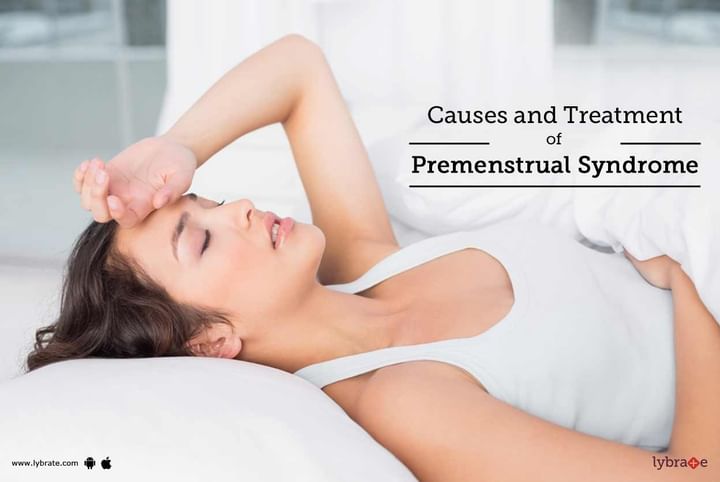Causes and Treatment of Premenstrual Syndrome
A collection of symptoms typically occurring between ovulation and menses (discharge of blood and from the uterus) is defined as premenstrual syndrome (PMS). Premenstrual syndrome symptoms can either be physical or emotional.
Physical symptoms and signs include:
- Muscle or joint pain
- Headache
- Fatigue
- Weight gain due to fluid retention
- Bloated abdomen
- Breast tenderness
- Acne breakouts
- Diarrhoea or constipation
While other behavioural and emotional symptoms include:
- Anxiety or tension
- Depressed mood
- Crying spells
- Anger or irritability and mood swings
- Food cravings and appetite changes
- Insomnia
- Social withdrawal
- Poor concentration
Causes: The exact cause of PMS is unknown. But there are several contributing factors, such as:
- Cyclic hormonal changes: The hormones oestrogen and progesterone fluctuate a lot while preparing for a normal menstrual cycle. This fluctuation causes some of the symptoms of PMS.
- Chemical changes: The fluctuation of serotonin, a kind of neurotransmitter (brain chemical), affects the mood, which causes some of the emotional symptoms of PMS. For instance, insufficient serotonin triggers premenstrual depression, insomnia, food cravings and fatigue.
- Depression: If the PMS symptoms are severe, depression could be the underlying cause, though it doesn't usually trigger all of the symptoms.
Treatment: There is no permanent cure for PMS, but a few lifestyle changes and home remedies can work very well for you. Some treatment options include:
- To ease abdominal bloating, drink lots of fluids
- Eat a balanced diet comprised of plenty of vegetables and fruits. Reduce your alcohol, caffeine, salt and sugar intake.
- You can take supplements such as magnesium, calcium, vitamin B-6 and folic acid to reduce mood swings and cramps.
- Take vitamin D supplements to relieve symptoms
- Sleep for at least eight hours in the night to counter fatigue
- Exercise to improve your emotional health and reduce bloating
- Try to reduce your stress as much as you can; read a book or walk to relieve some stress.
Besides, these lifestyle changes, you can take over-the-counter medications such as aspirin and ibuprofen to reduce stomach cramps, muscles aches and headaches. Diuretics (drugs that increase urination) are excellent treatments for bloating and fluid retention. However, consult your doctor before consuming any medication or supplement. If you wish to discuss about any specific problem, you can consult a gynaecologist and ask a free question.



+1.svg)
